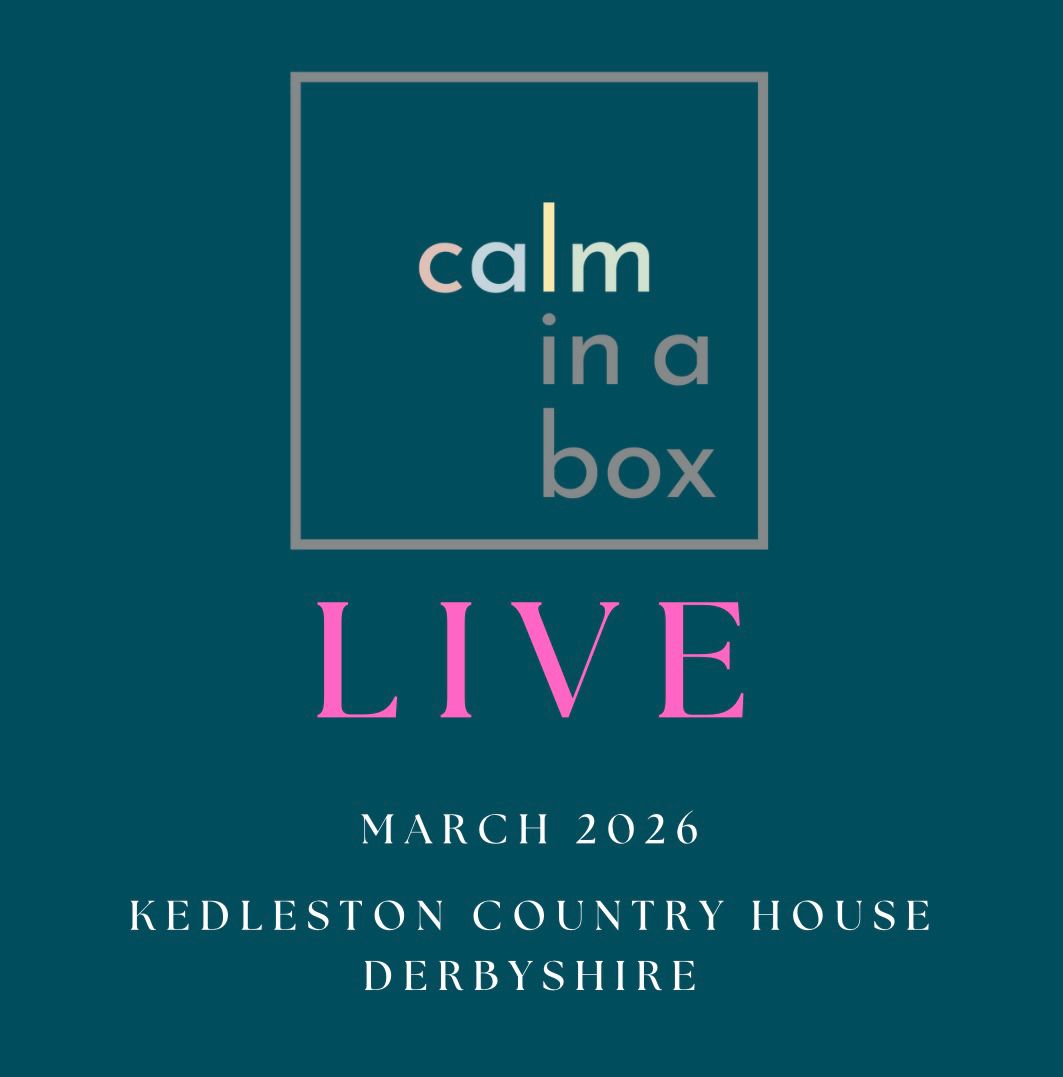There are so many ‘ick’ words in the wellbeing and self development space (possibly including ‘wellbeing’ and ‘self development’).
And I’d say that the word and the idea of journaling is probably pretty much up there, associated with a bit of a vomit factor.
It’s interesting to reflect on why they do trigger us (I have some ideas – but that’s another blog for another time…)
There’s no doubt about it, and all the clever people seem to agree, there’s lots of data and evidence in favour of journaling. Here’s some of the reasons why writing things down can have such an impact when we’re looking for balance when it comes to our thoughts and feelings.
It can put a stop to the doomloop
We talk about this a lot – when the monkey mind picks up a threat or uncertainty, it will spin it around and around until we feel it’s under control. When we’re facing challenges that are out of our control, by writing them down, it can settle the anxious mind by telling it that we’ve done something about it. The challenge may not have gone away but we have taken some control over it which helps to stop the doom looping.
It connects language with our emotional state
A real challenge is that with all the busyness for leaders and teams these days, we don’t spend enough time processing what we’re thinking and feeling. In turn, this makes it difficult to explain to ourselves what’s happening to us at an emotional level. And if we can’t explain it to ourselves, then we definitely can’t explain it to others and as a consequence no help or support can be offered. This is often at the heart of the huge issues we have with communication in teams and businesses. Journaling connects language with our thoughts and feelings, building awareness for yourself as a first step which you can then share with trusted others to better communicate what you want and need.
It stops us getting stuck
The term disassociation is a common human practice related to when we separate our consciousness from difficult thoughts and feelings. When we do this, in very simple terms, they can get stuck inside us which can lead to problems for both mind and body where they will manifest in other ways. Journaling helps us process them which acts as a release to help us move forward.
We will start to spot patterns
If you get into a habit with journaling, you will very soon start to spot patterns. We can then reflect on how these patterns are helping us to be effective, or in fact, quite the opposite, getting in our way. With this insight about ourselves, we are better positioned to decide what to do next which can help us move through change and challenge more effectively to deliver our outcomes.
Calm In A Box partners with businesses, teams and leaders to help them perform well through change.
We have developed our CALM philosophy and toolkit to facilitate focused and proactive work on culture, mindset and behaviour change programmes so leaders and teams can be well, to do well.
Accelerating successful transformation of all types, we’ve worked with global brands and growing SMEs who are passionate about supporting their people through change for better results.
We provide value in a range of ways through our CALM product ecosystem including consultancy, workshops, coaching and free digital learning on the CALM hub.
Don’t forget CALMfest 2025 is now open to organisations and teams. A group ticket will get you and your people unlimited access to our online festival of events, activities and challenges, raising funds for Mind during Mental Health Awareness Week, 12-16 May.
If you’d like to chat with us, we’re always up for an online coffee. Book a slot with us here https://calendly.com/sarah-calminabox/30min?month=2025-02




